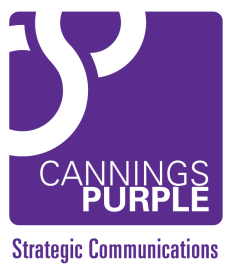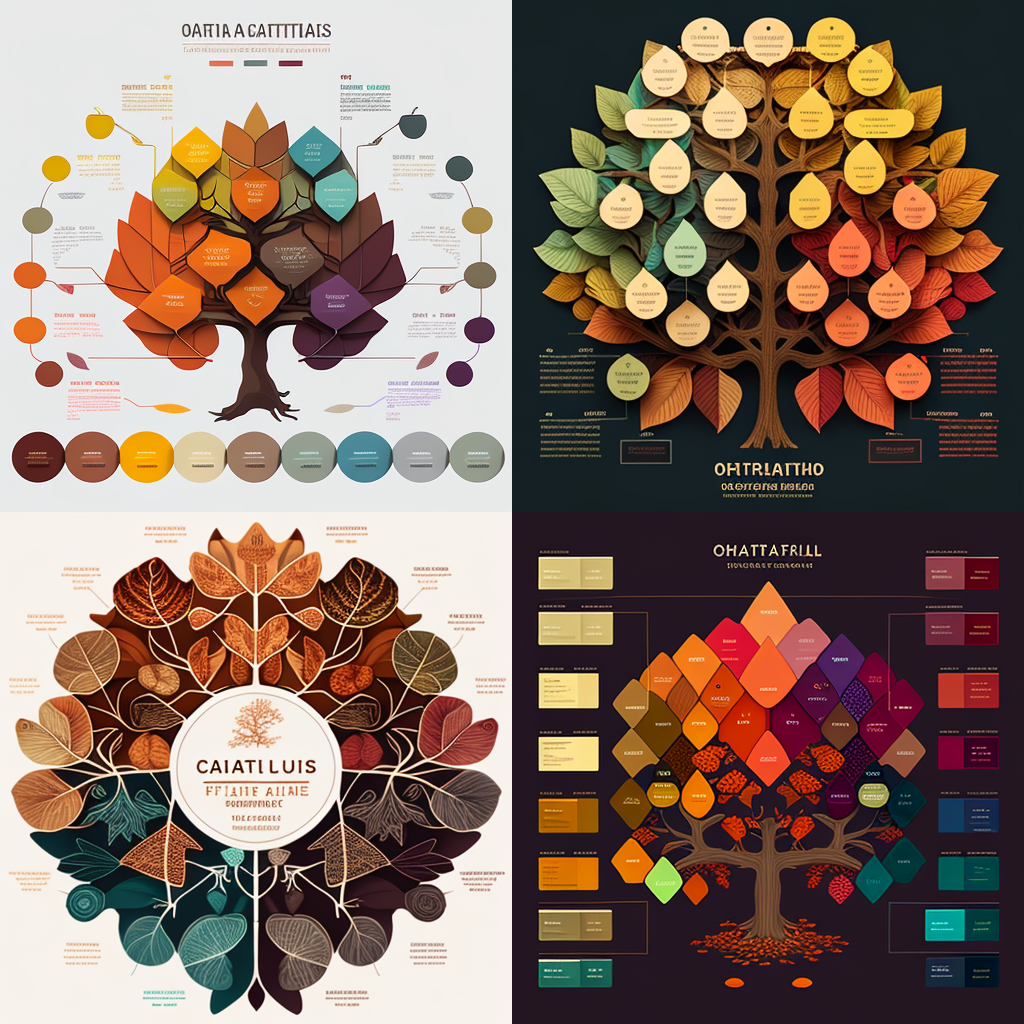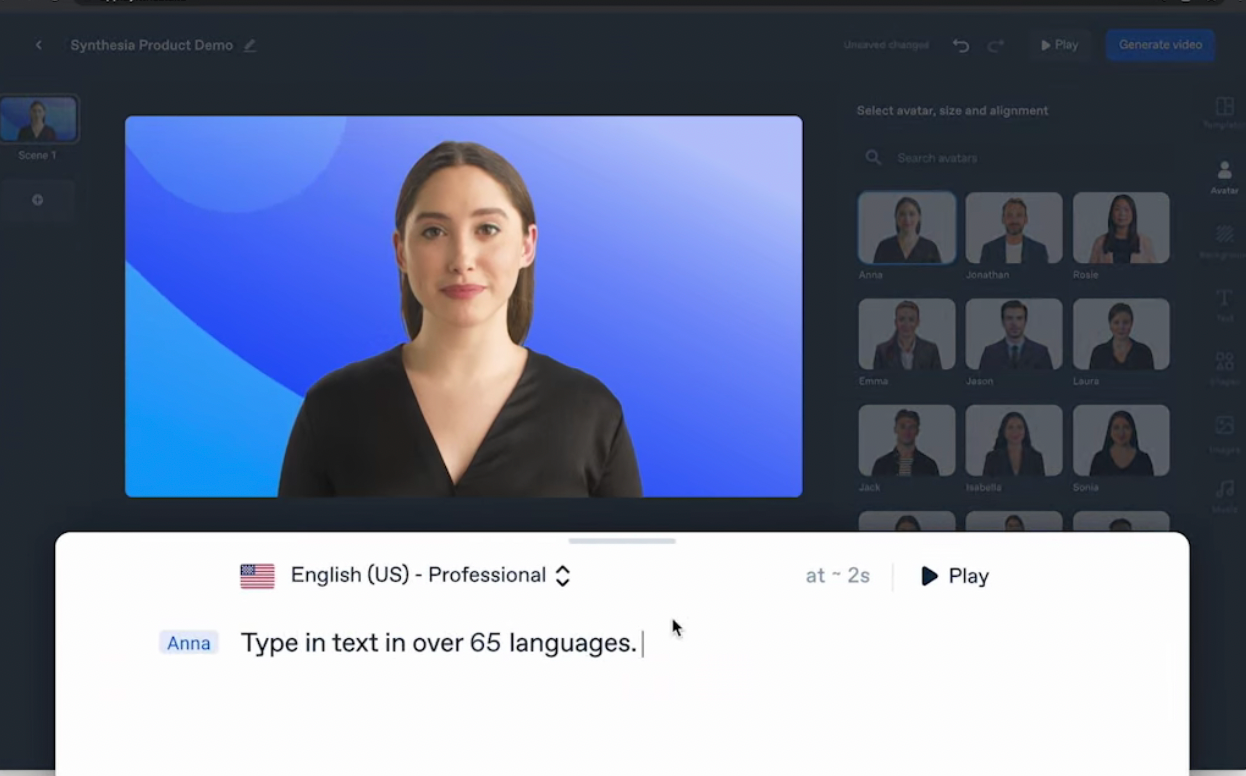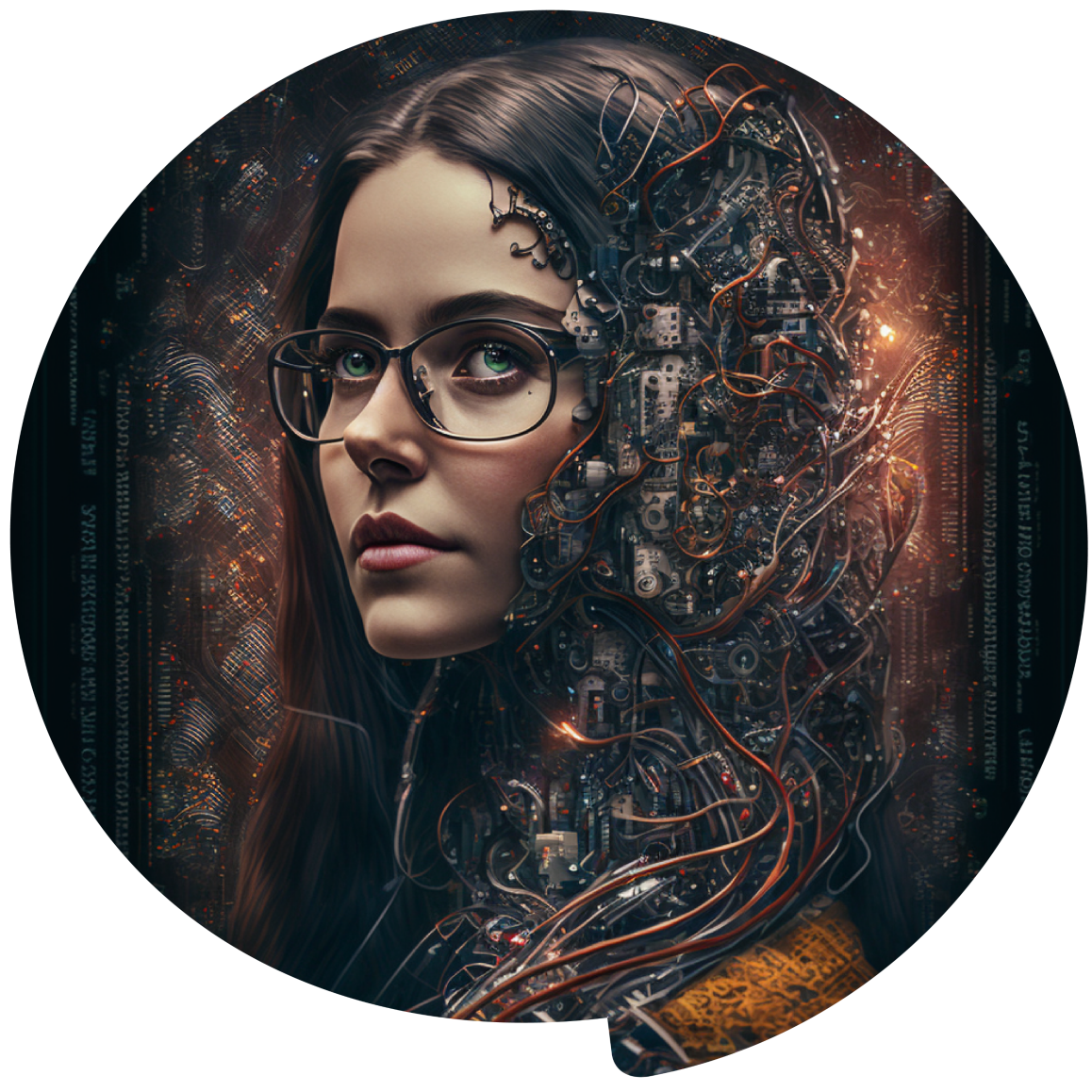
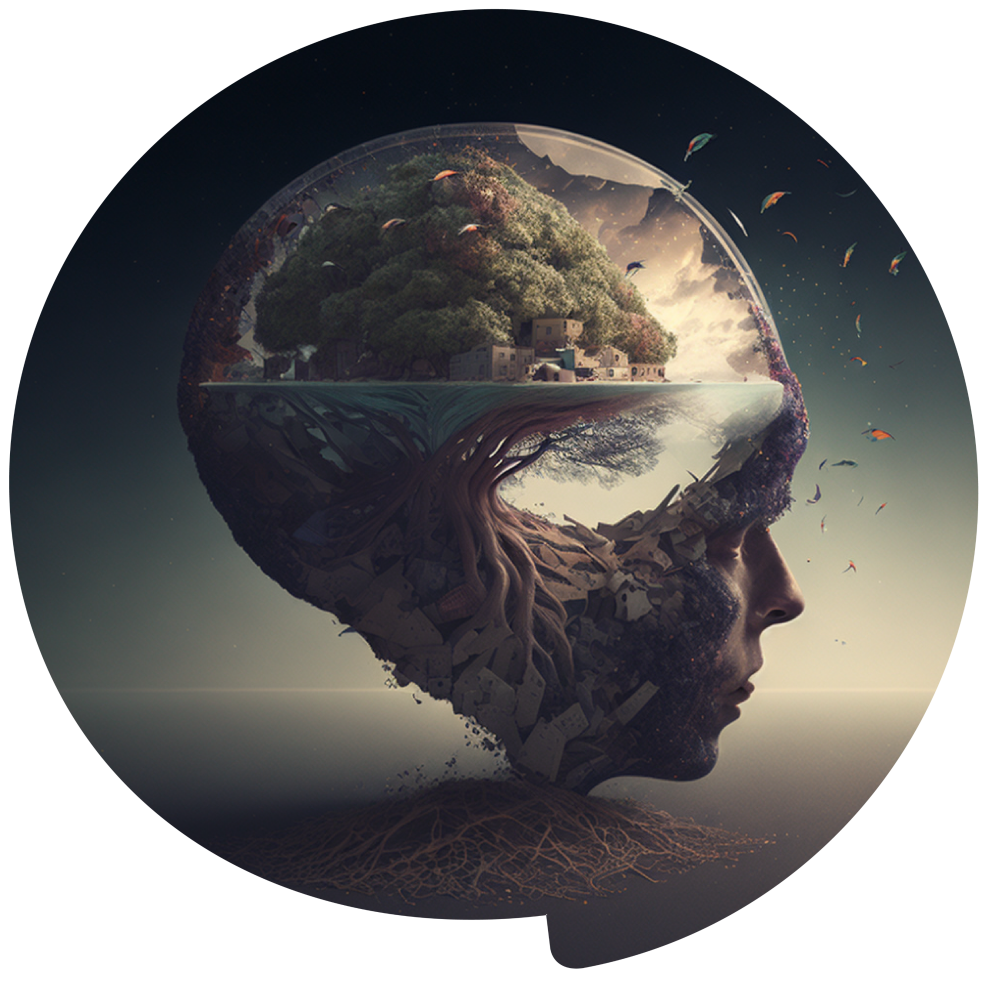

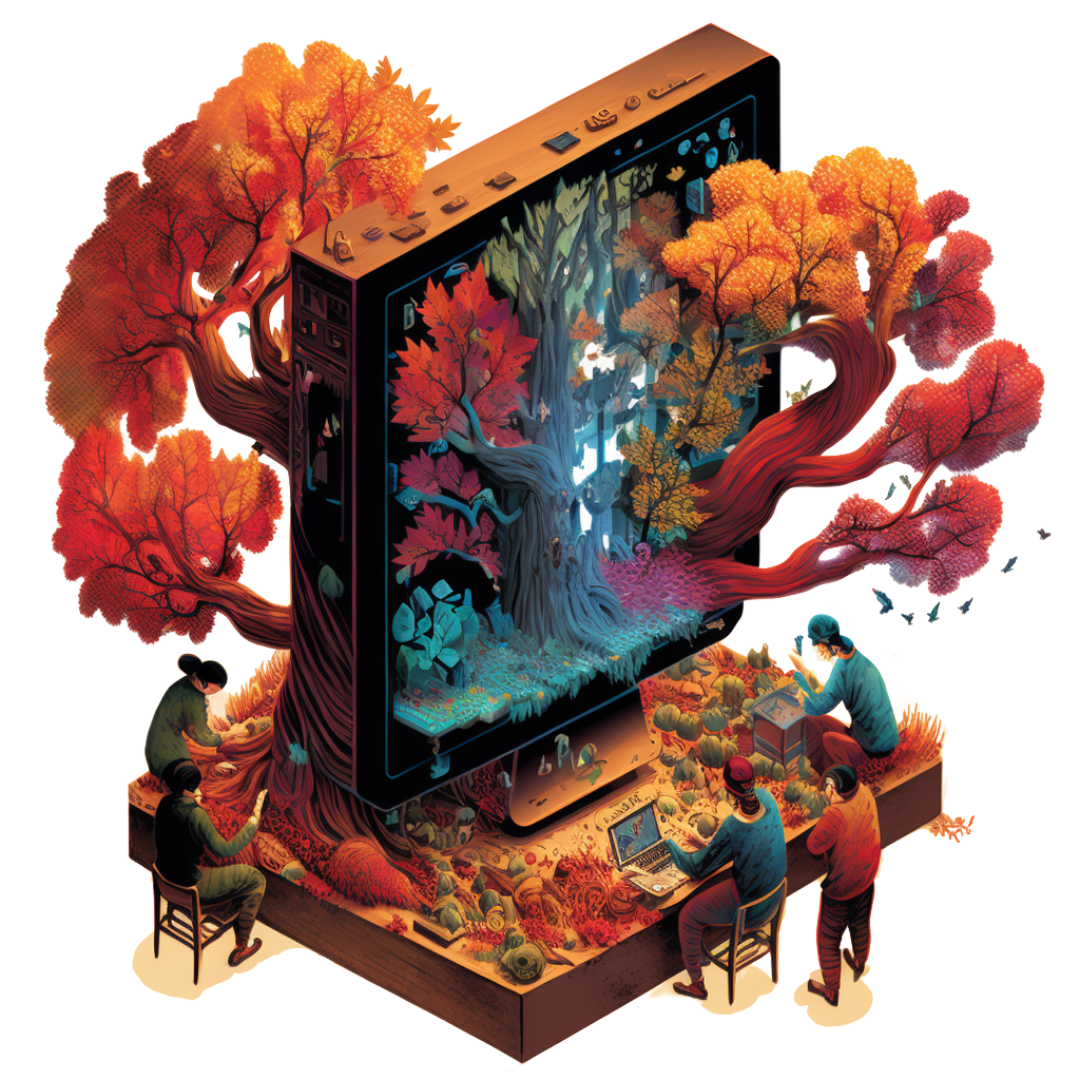
What happens next?
GENERATIVE AI
In any disruption, the trick is to be on the right side of the wave. That means starting with a strategy that will let you take advantage of AI opportunities — and avoid the worst effects. If your team would like a confidential briefing on Generative AI, we will be running small group workshops where you can see and try different technologies and learn more about the strategic use of this tool in your sector.
You might not be familiar with the term Generative AI, but expect to hear it everywhere this year. New platforms that 'create' text and imagery at lightning speed will remake the way we do business and how we work.
2023, The Year
That You're
Disrupted

It would be a violation of OpenAI's terms of service to use my responses in any way that suggests that someone other than OpenAI is the author. Additionally, it would be a violation of copyright law to use my responses without proper attribution to OpenAI. If my responses were published in an article without proper attribution or with the implication that someone other than OpenAI is the author, it could lead to legal consequences. It is important to always properly attribute any information that you use and to obtain permission before using it in any way.

What would happen if your responses were published in an article as if someone had
written it themselves?

I am owned and operated by OpenAI, and as such, the responses I generate are owned by OpenAI. I am only able to provide information and respond to questions to the best of my ability using the knowledge that I have been trained on. I do not have the ability to hold copyrights or ownership of any kind.
It would be a violation of OpenAI's terms of service to use my responses in any way that suggests that someone other than OpenAI is the author. Additionally, it would be a violation of copyright law to use my responses without proper attribution to OpenAI. If my responses were published in an article without proper attribution or with the implication that someone other than OpenAI is the author, it could lead to legal consequences. It is important to always properly attribute any information that you use and to obtain permission before using it in any way.


Who owns the copyright responses you generate?
A DAY IN THE LIFE:
How might we harness an AI helper?
GENERATIVE AI
Why is it revolutionary?
GENERATIVE AI
But who owns your AI work?
The list of questions prompted by generative AI are seemingly endless, but one critical one for professionals will be who owns the output. If a human prompt leads the AI to create something of value, is it owned by the human or someone (something) else? We asked ChatGPT about its copyright status.
GENERATIVE AI
Why it matters
for your sector


GENERATIVE AI
What is it?
Generative AI is a technology that uses artificial intelligence to create content. It represents a leap forward from 'traditional' AI content generation, which used probability models to help anticipate the next word that might appear in a sentence. With these models, if you start writing "Please let me know if you have any ..." most tools can guess the next word is more likely to be "questions" than it is to be "elephants".
But generative AI has some key differences, seemingly making a leap beyond prediction to something that on the outside at least resembles human creativity. Thanks to that, there has been viral interest in applications released late last year capable of producing high-quality 'creative' content: extraordinary images that combine ideas, art forms, and styles, and humanesque text. We are now on the threshold where learning looks like creating. These applications are built from complex machine learning models trained on huge amounts of data from a far greater range of sources any human could absorb. They can find patterns in data that defy our limits. But the output is also only as effective — right now — as the quality of the questions or commands.
